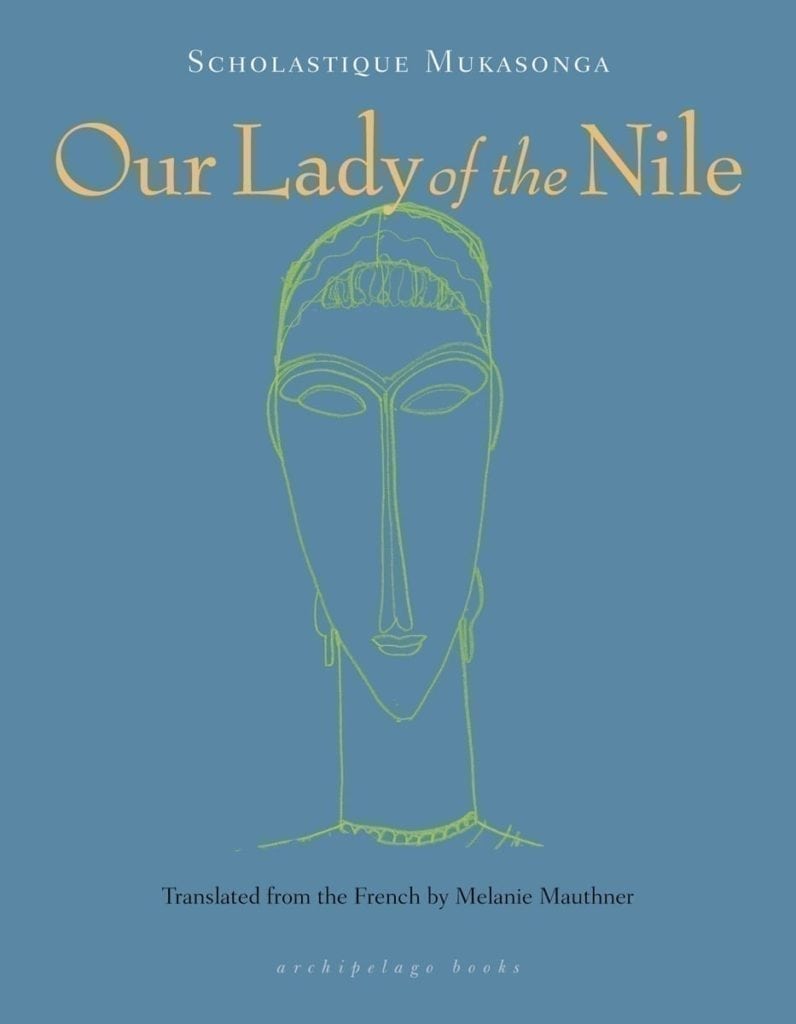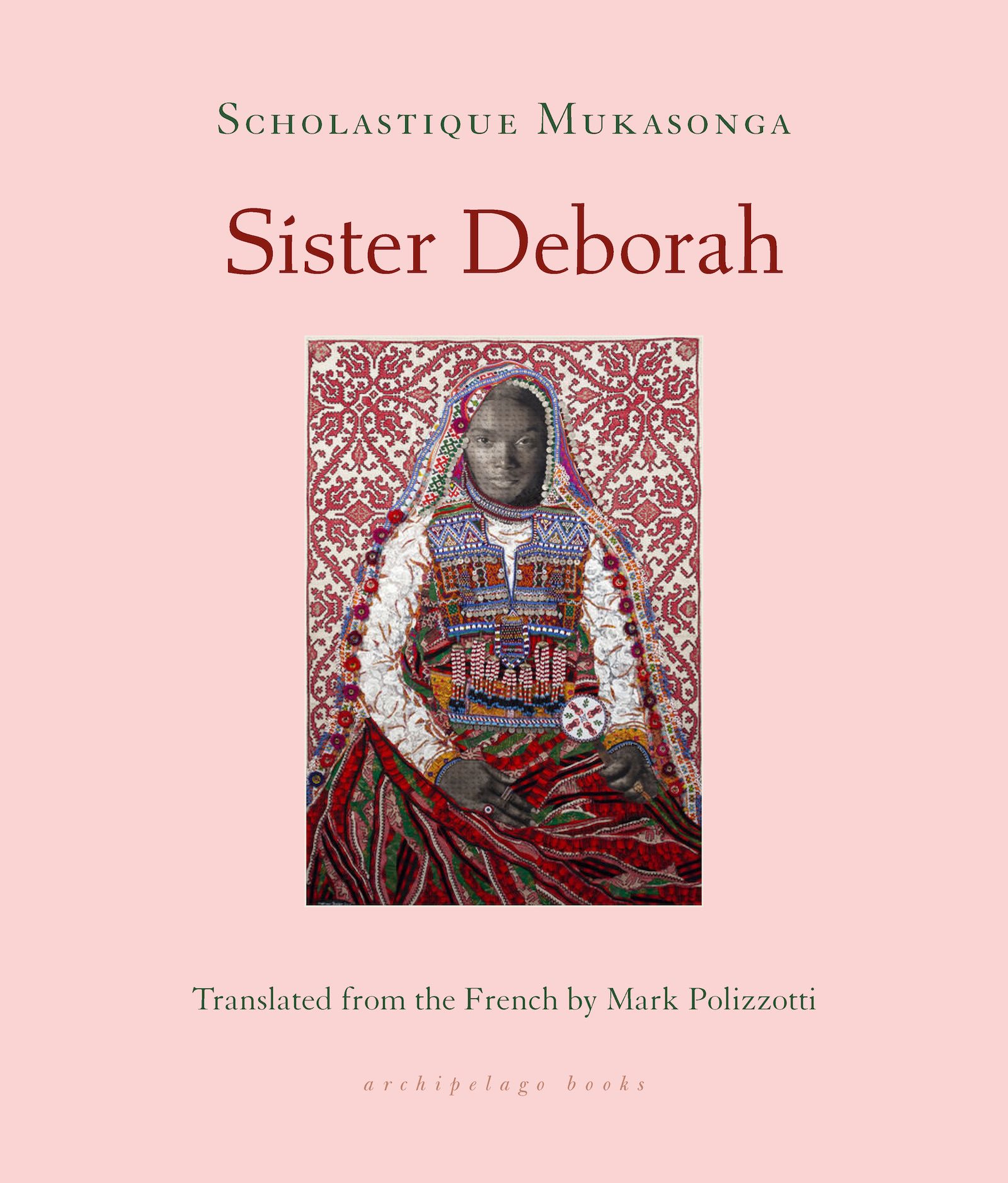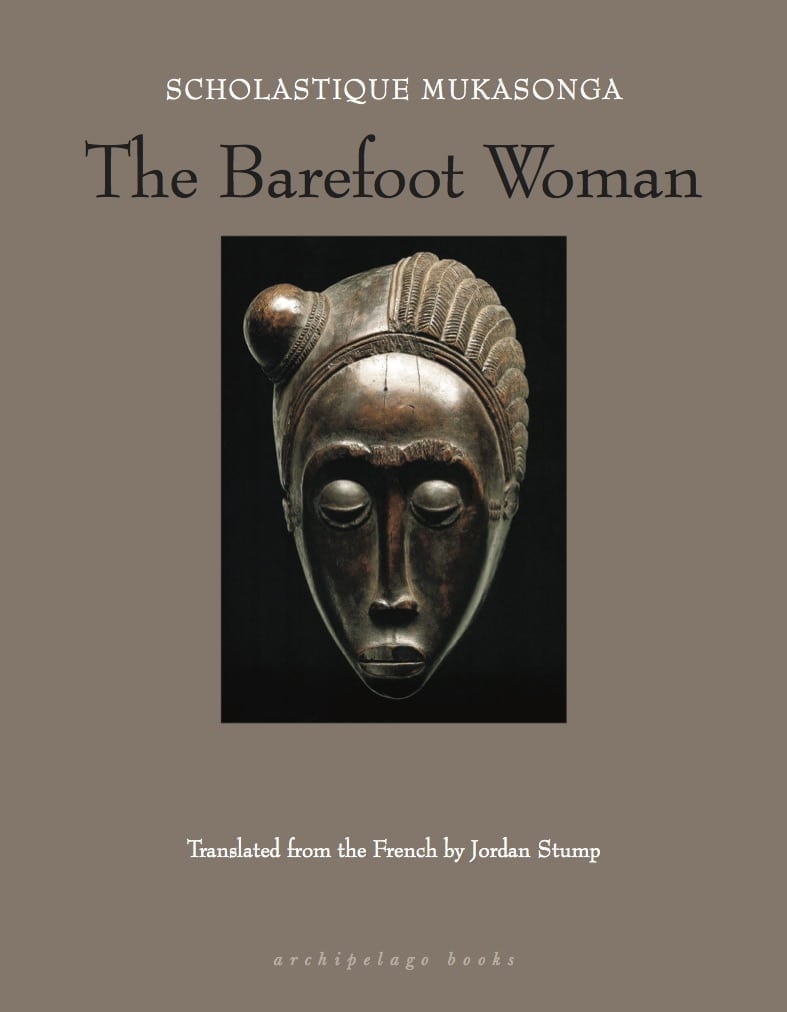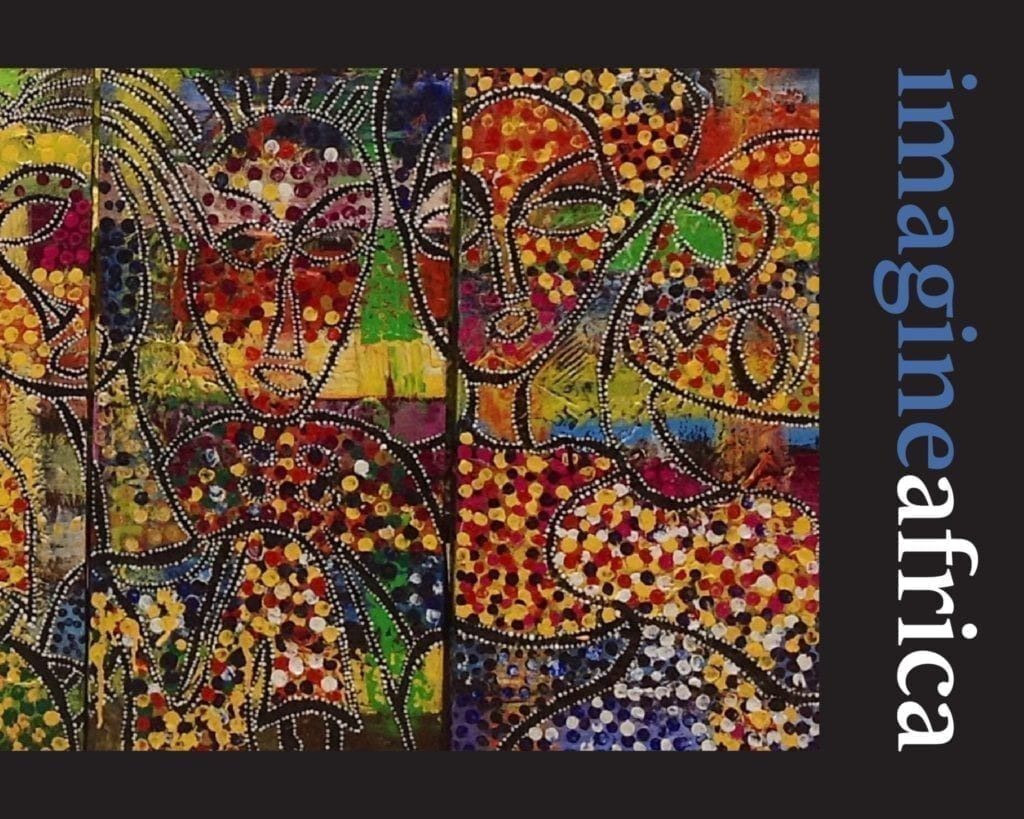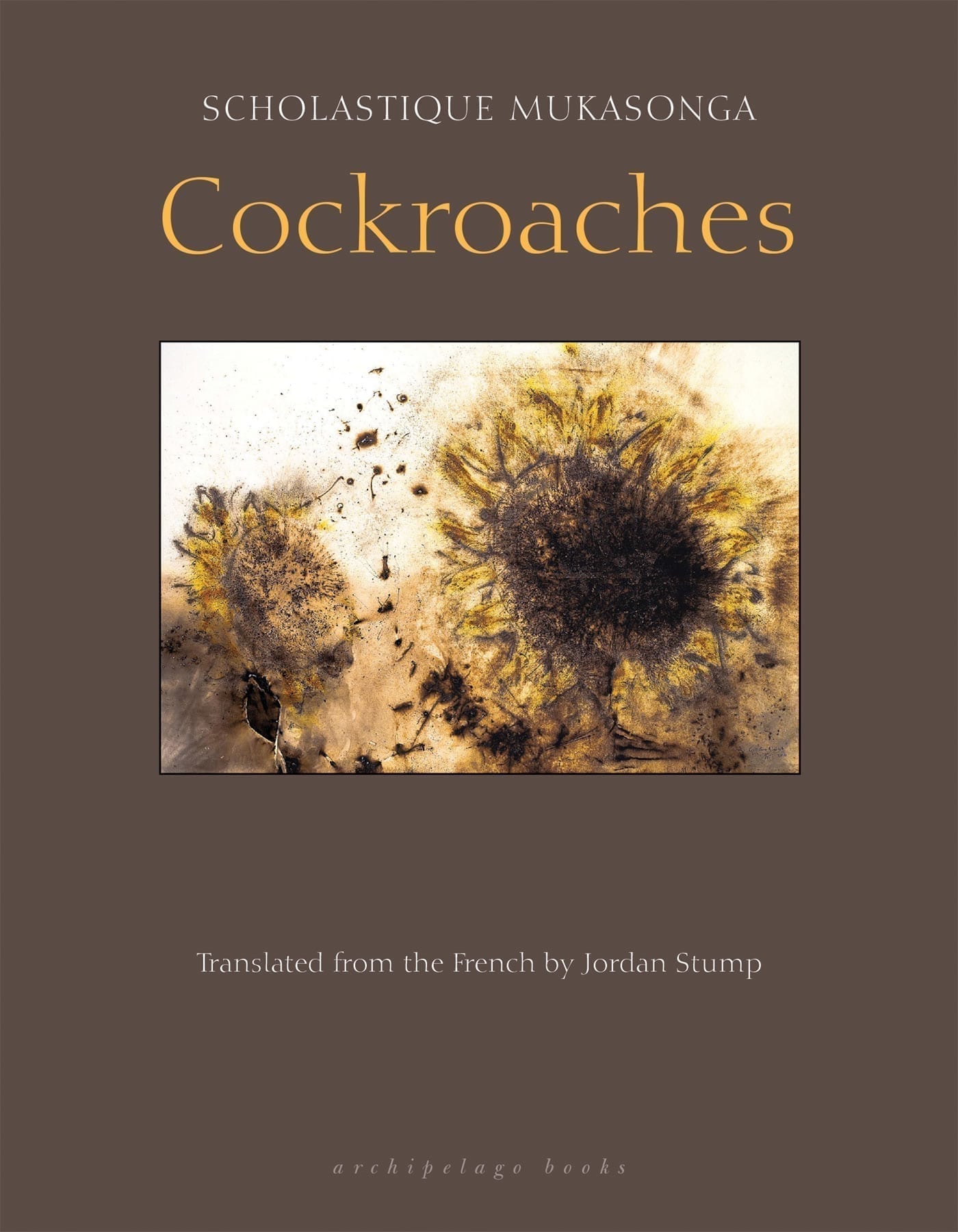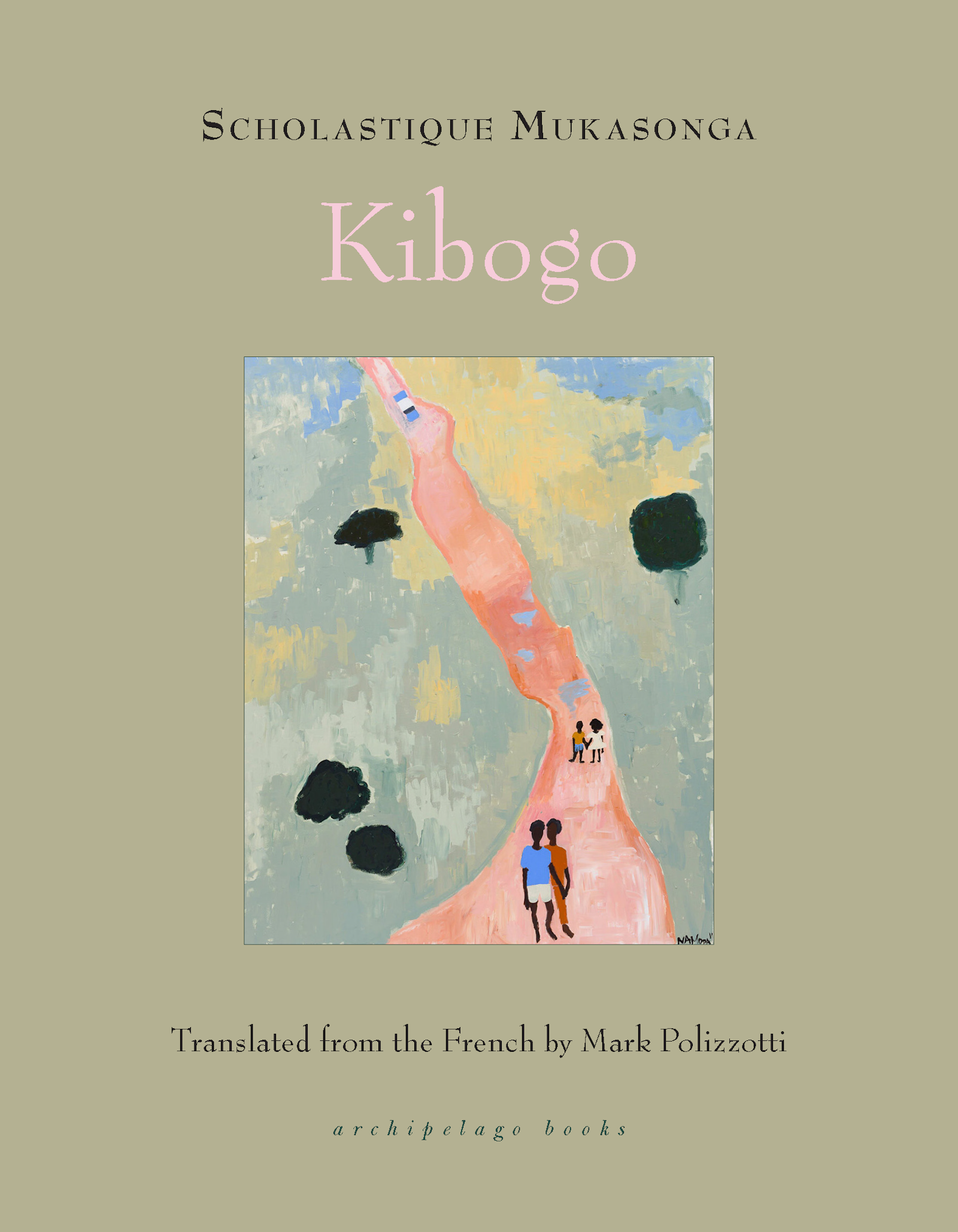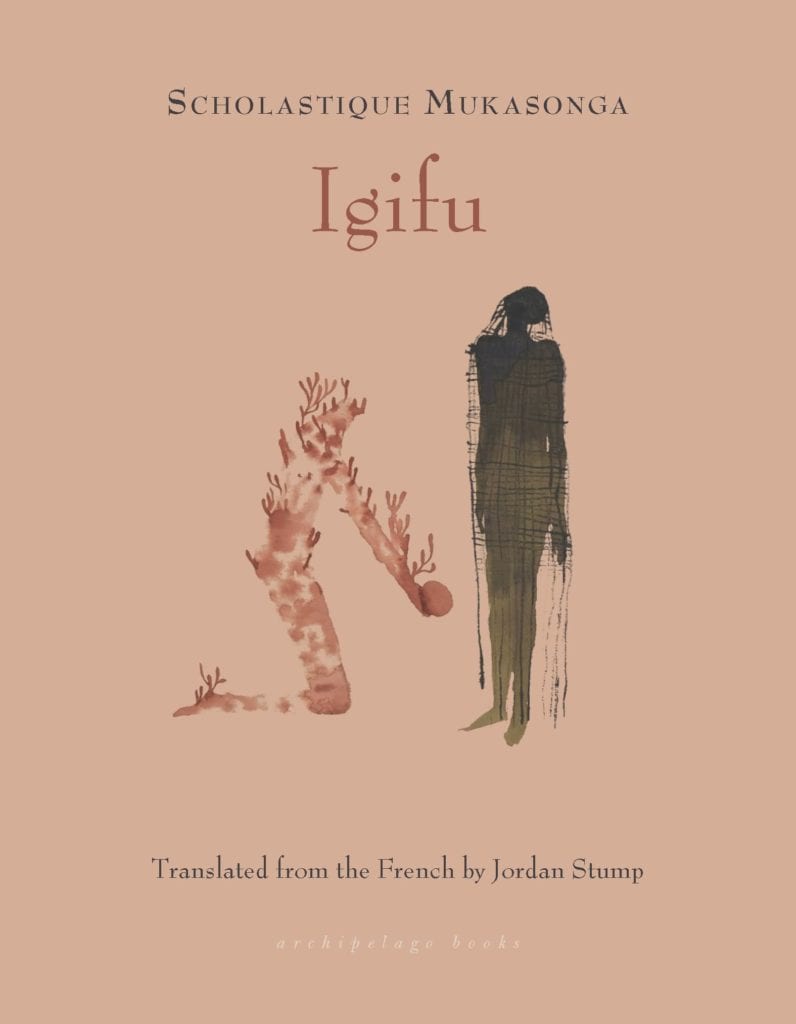Praise
[Mukasonga] helps readers without experience of the setting become immersed at once, feeling out the tribal tensions without being overburdened with exposition. This is a moving, nuanced portrait of fear and survival.
Mukasonga is extremely good at showing, as only a novelist can, how the tendencies toward the Rwandan genocide started well before 1994. Sneaky, lingering, her story evokes a sense of menace, and eventually a scene of full-blown violence, that sticks with you.
[Our Lady of the Nile] is buoyed by its air of foreboding consequence that imparts urgency to almost every page.
Rwanda's ugly history is woven well into the story […] and the story is, of course, all the more powerful because readers are aware of what happened two decades later, the shocking mass-slaughter of 1994 […] A quite powerful novel of Rwanda, Our Lady of the Nile gives a good sense of life and conditions there in the early 1970s -- and the longstanding ethnic strife that took such a human toll, both before and after the period described here.
Mukasonga is a playful author, and a chuckling good humor pervades the book. Her deliciously limpid, melodious style makes Rwandan daily life vividly accessible. It’s a total immersion in a way of life with its own customs and morality, with a handful of comical and compelling schoolgirls swept up in the divisive hatred of a nation, confused and vulnerable and just being teenagers. Mukasonga expertly draws together all her threads and stories in the climactic sequences to create a skillfully orchestrated vision, both loving and fearful, of her beloved homeland ripped apart by vicious racial hatred.
We should […] welcome the opportunity to read Mukasonga’s work in English. African francophone literature, and particularly that written by women, continues to be underrepresented in English, and as a result, we are not only missing out on compelling stories, but on an important political project. Scholastique Mukasonga, and likely many of her colleagues whom we have yet to translate, is working to correct the frustratingly persistent Western narratives about Africa and its history. […] The West has indeed too often dismissed suffering in Africa, but books like Our Lady of the Nile remind us why we must not be dismissive, why we must not look away.
...fluidly translated by Melanie Mauthner...[Mukasonga] creates a narrative movement that reflects how the Tutsis, at the time, must have experienced the growing threats of certain Hutus. At first, there is an illusion of relative comfort. The new school year begins, routines start all over again as they always do. That is, Mukasonga gives us the impression that Our Lady of the Nile will be a story about adolescent girls in a Catholic boarding school, with the kind of mishaps, adventures, and aspirations that such stories have. But gradually the skies darken, announcing the treacherous, suspenseful ending.... In this well-constructed novel, the grim final scenes prefigure the horrors to come.
This luminous novel...explores terrain that previous characterizations of [Rwandan] violence have skirted: the “peaceful” slow boil right up to the moment of the first drawing of the knife, the time when fear of internal traitors germinated so gradually and under the cover of normal political jingoism that almost nobody outside Rwanda grew alarmed.
In a writing style both rough and tender, Our Lady of the Nile depicts a society inevitably heading towards horror. [...] Poignant and tenacious.
Whoever has loved Africa will be touched by this story [...] It is the very essence of Africa, an immense Africa that will absorb even this terrible genocide.
Strangely, it is in this incredibly light novel, that one best understands the ethnic, political, and religious reasons behind the massacre of the mysterious Tutsis.
[After she was awarded the Prix Renaudot] I went out and procured every work by Scholastique Mukasonga. [...] Never has a prize been more merited.
An amazingly simple tale but one which opens up the heart of Rwanda.
The genocide in Rwanda has been depicted in many ways, but few have succeeded - with the help of fiction - like Scholastique Mukasonga in recreating the world that in 1994 was shattered to pieces.
Critic Arnaud Viviant describes Our Lady of the Nile as an “incredibly light novel” that helps readers to understand the “ethnic, political, and religious reasons behind the massacre” of the Tutsi. This is a most apt description. Our Lady is, in fact, a series of girlhood adventures infused with the complicated and violent histories of Rwanda. For the umwiru—the keepers of history—“forgetting means death,” and so Scholastique Mukasonga has given us this novel of testimony.
Mukasonga is a playful author, and a chuckling good humor pervades the book. Her deliciously limpid, melodious style makes Rwandan daily life vividly accessible. It’s a total immersion in a way of life with its own customs and morality, with a handful of comical and compelling schoolgirls swept up in the divisive hatred of a nation, confused and vulnerable and just being teenagers. Mukasonga expertly draws together all her threads and stories in the climactic sequences to create a skilfully-orchestrated vision, both loving and fearful, of her beloved homeland ripped apart by vicious racial hatred.
What makes Mukasonga’s novel so effective is her ability to show how daily life continues alongside the omnipresent rhetoric of racial hatred and the threat of imminent violence ... Her novel is a portrait of the slow, excruciating build-up toward violence and Rwandans’ attempts to lead full, meaningful lives while contending with state-sponsored exclusion. It is both a glimpse into the particular history of Rwanda and a warning about ignoring the latent signs of violence and exclusion that are present today around the globe. Implicit in her novel are many pressing questions. What crises that will erupt in the coming decade will seem so painfully predictable in hindsight? And what, if anything, is her Western readership willing to do to prevent them?
[Scholastique Mukasonga's] literary gift is turned toward conveying a vivid sense of what has happened. Comprehension of these terrible acts—and some assurance that they will never be repeated—only begins when they are seared into the reader’s memory.
Extras
Our Lady of the Nile has been shortlisted for the 2016 Dublin International Literary Award! See the full list here.
Named one of the “Best Books of 2014” by Publisher’s Weekly.
Visit author Scholastique Mukasonga’s official website here.
Read the first chapter of Our Lady of the Nile on The Brooklyn Rail.
An excerpt from the novel is available to read at Tin House.
Watch a video of Scholastique Mukasonga’s discussion about winning the Prix Renaudot 2012 for Our Lady of the Nile.
Read Scholastique Mukasonga’s stunning essay on writing here.
Read an interview with Mukasonga about the challenges of writing, memory, and history in Warscapes Magazine.
Our Lady of the Nile has received the Grand Prix of the French Voices Award.
Read an interview with Mukasonga in the New Welsh Review here.
A mention of Our Lady of the Nile on Three Percent’s weblog.
Read Publishers Weekly’s article on how Jill Schoolman discovered Mukasonga and Our Lady of the Nile here.
Watch an interview with Scholastique Mukasonga at the Words Beyond Festival of French Literature.

